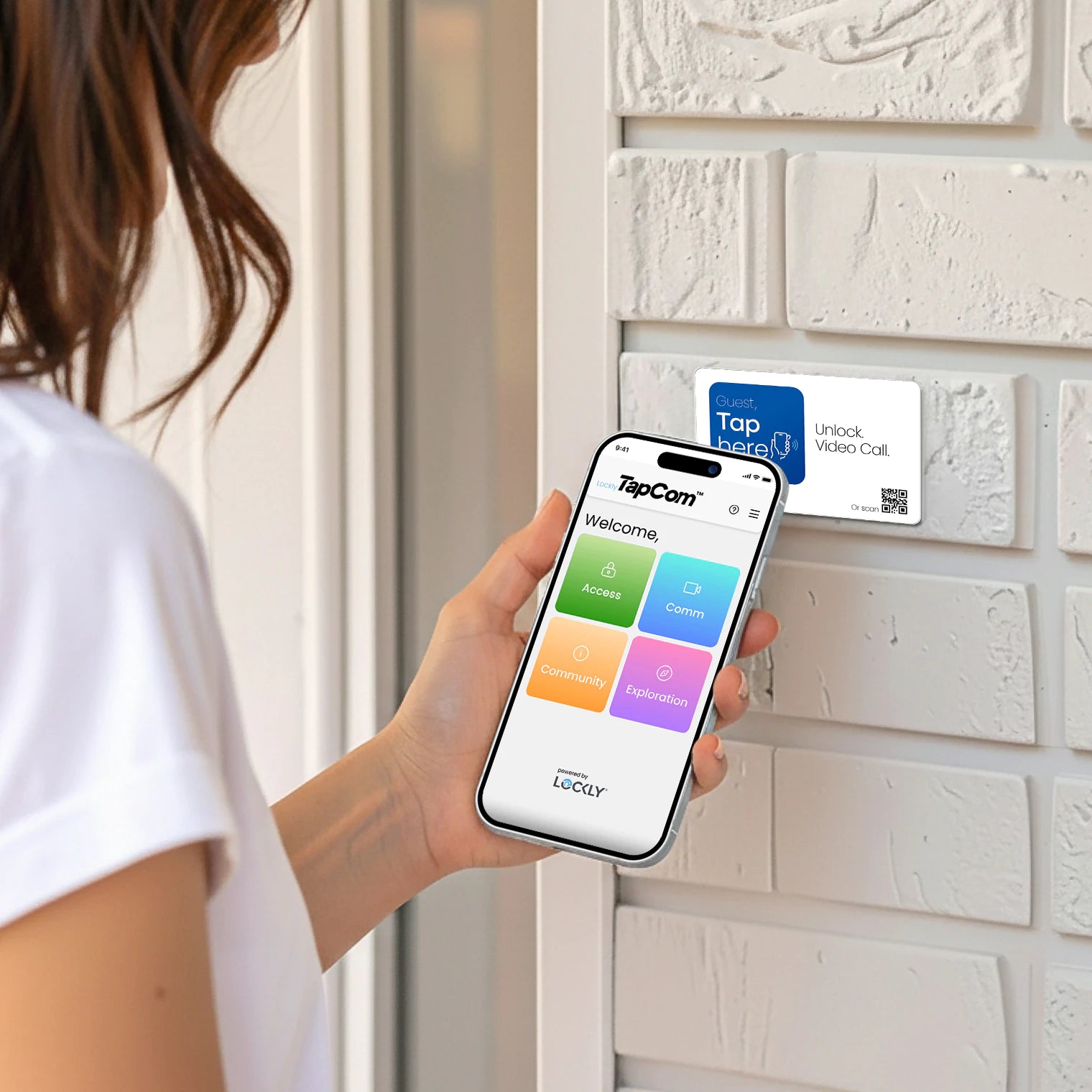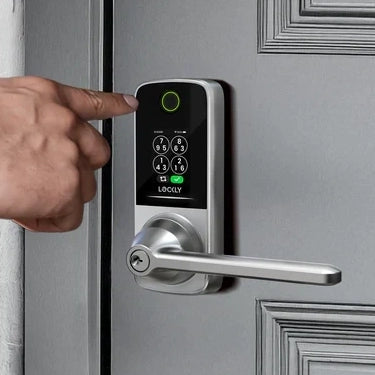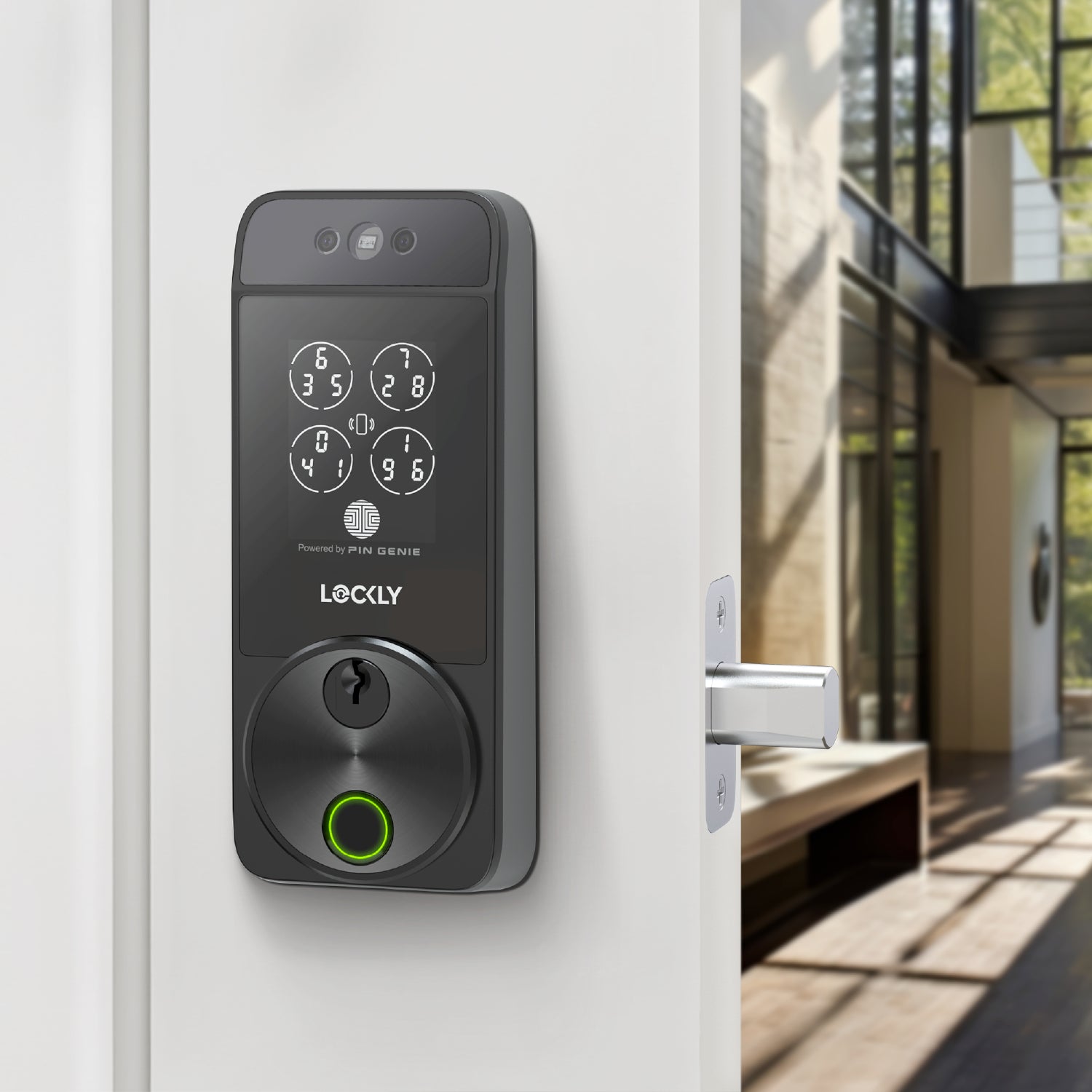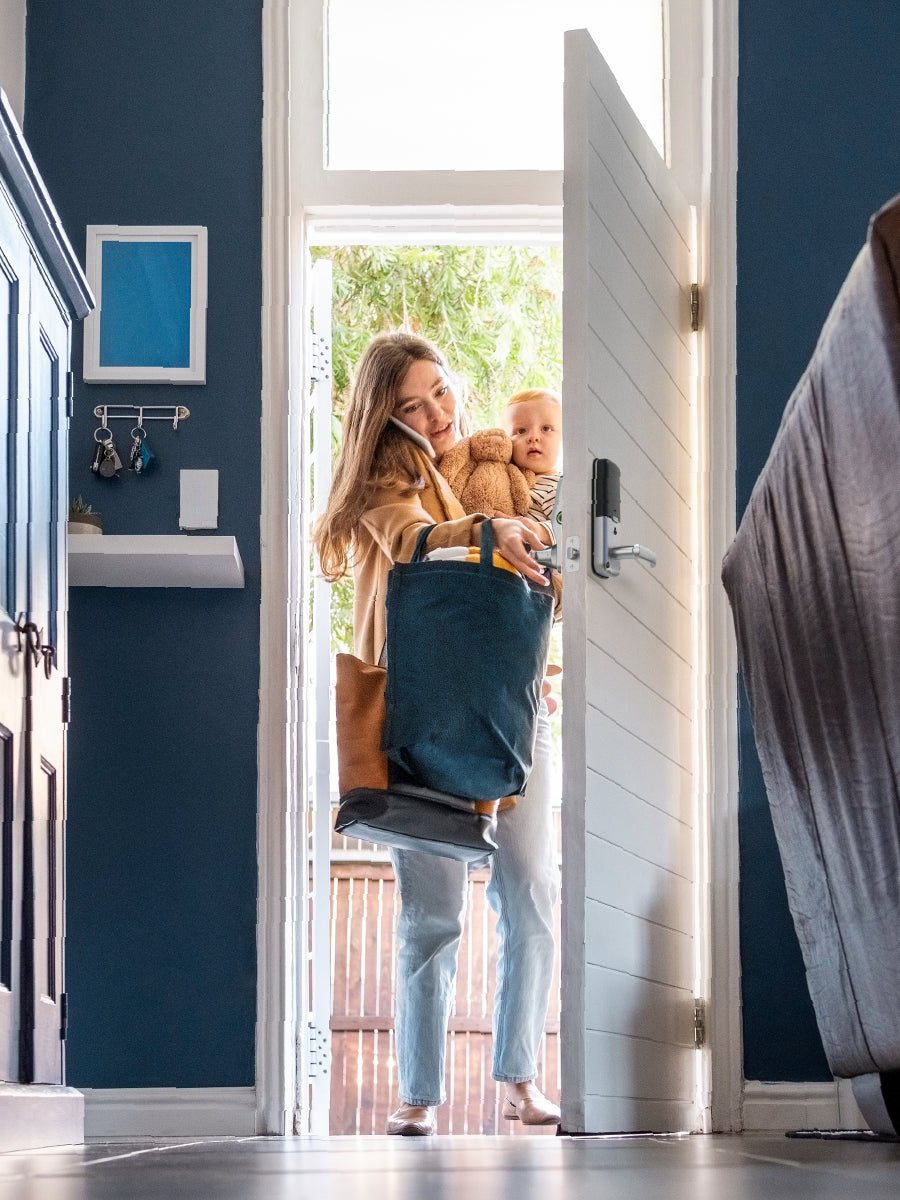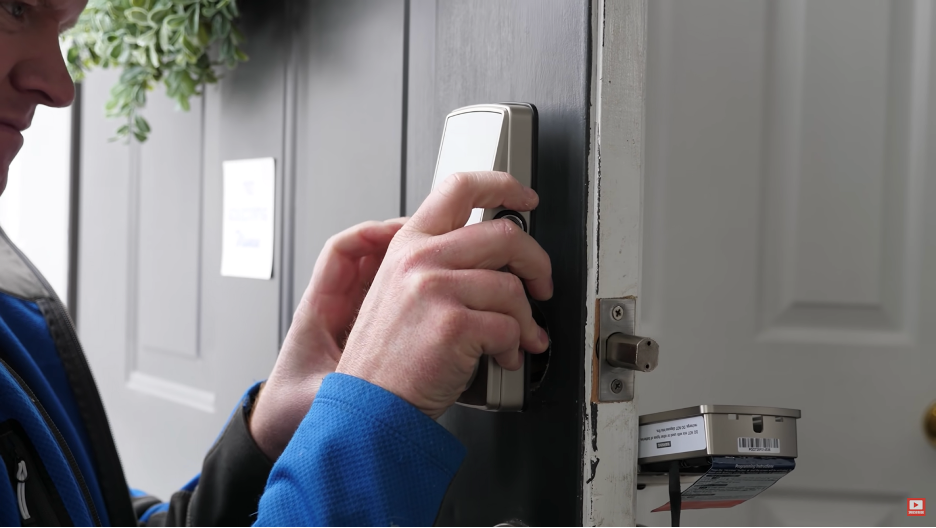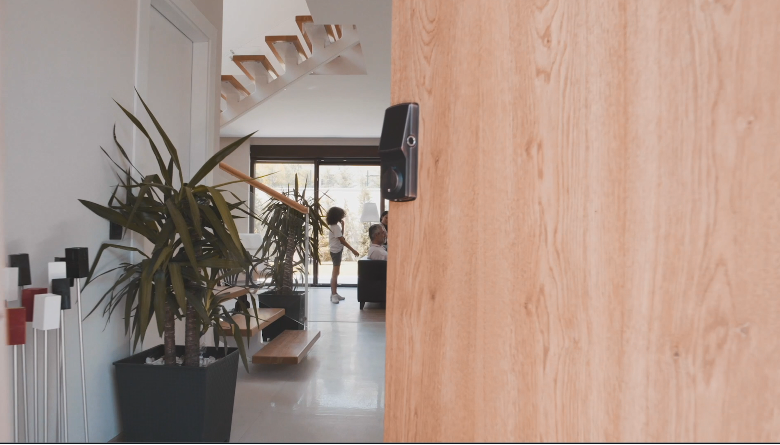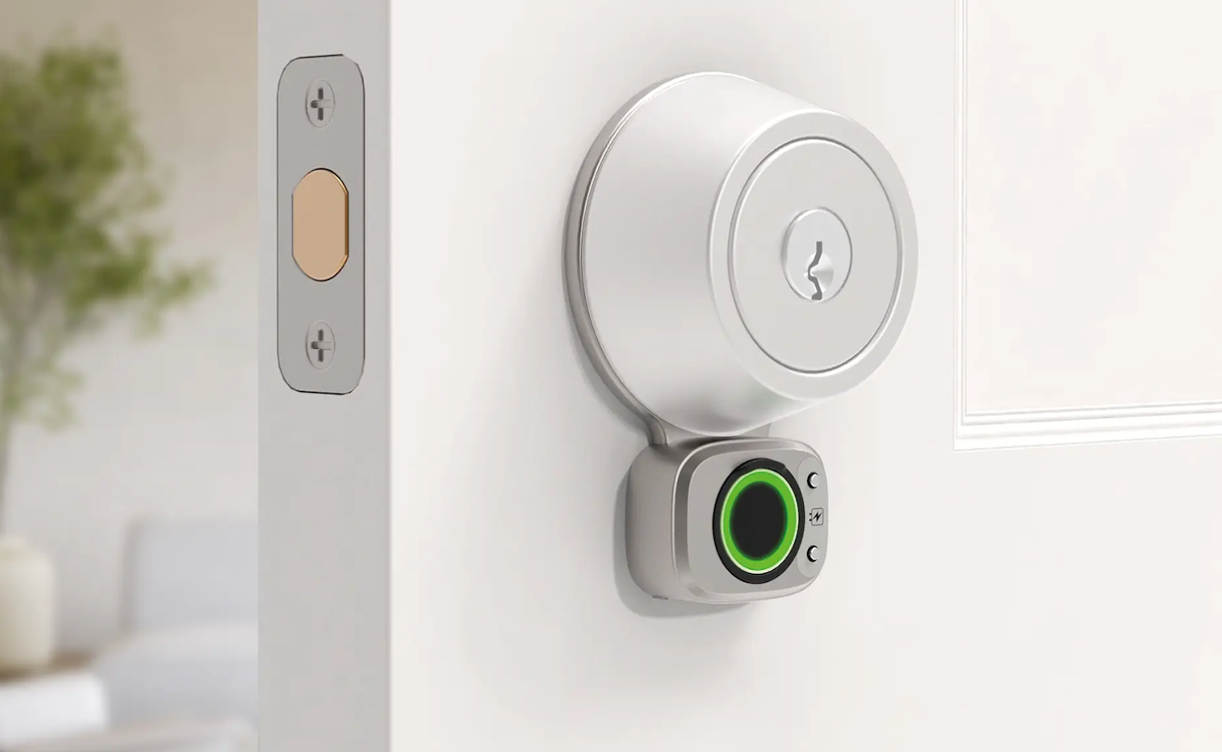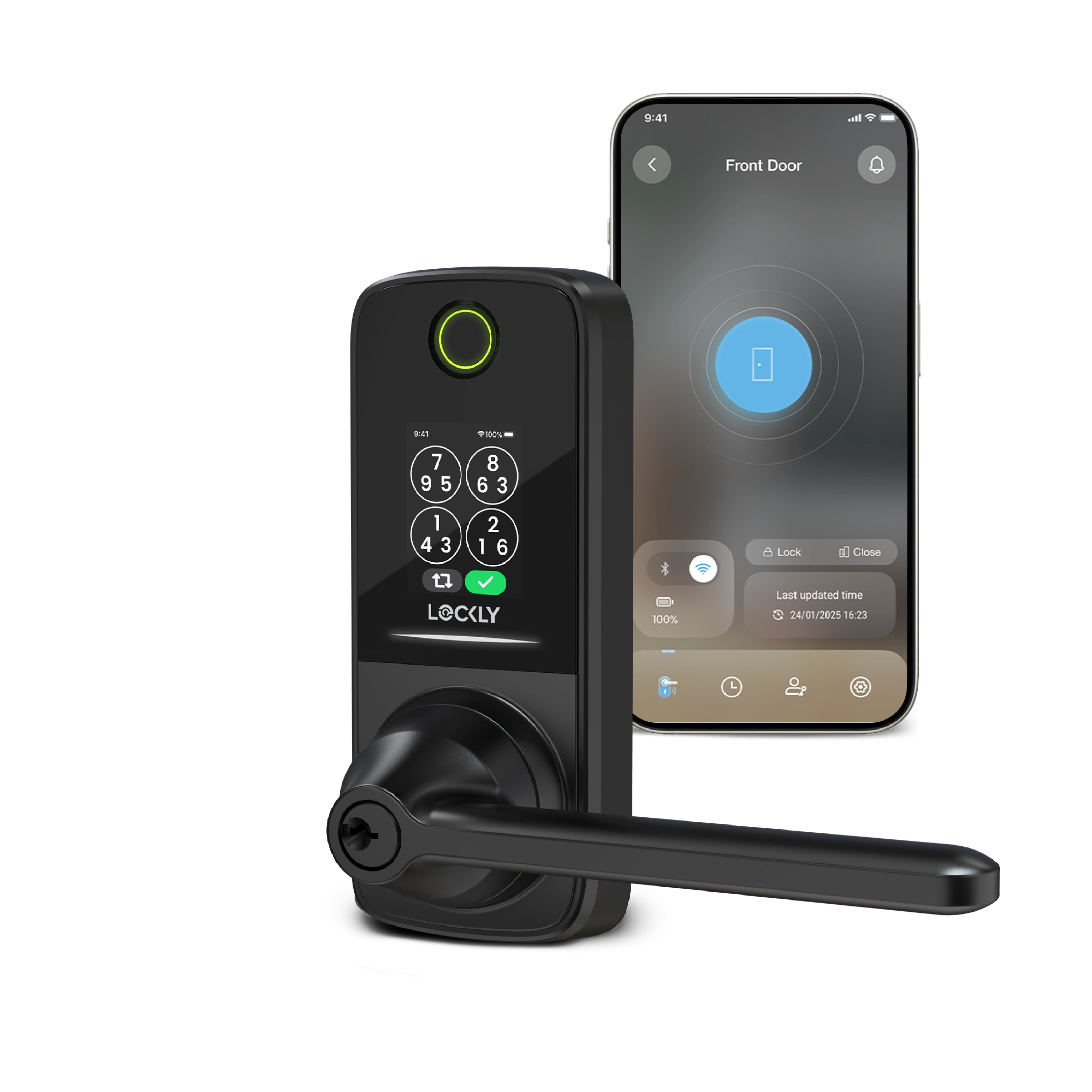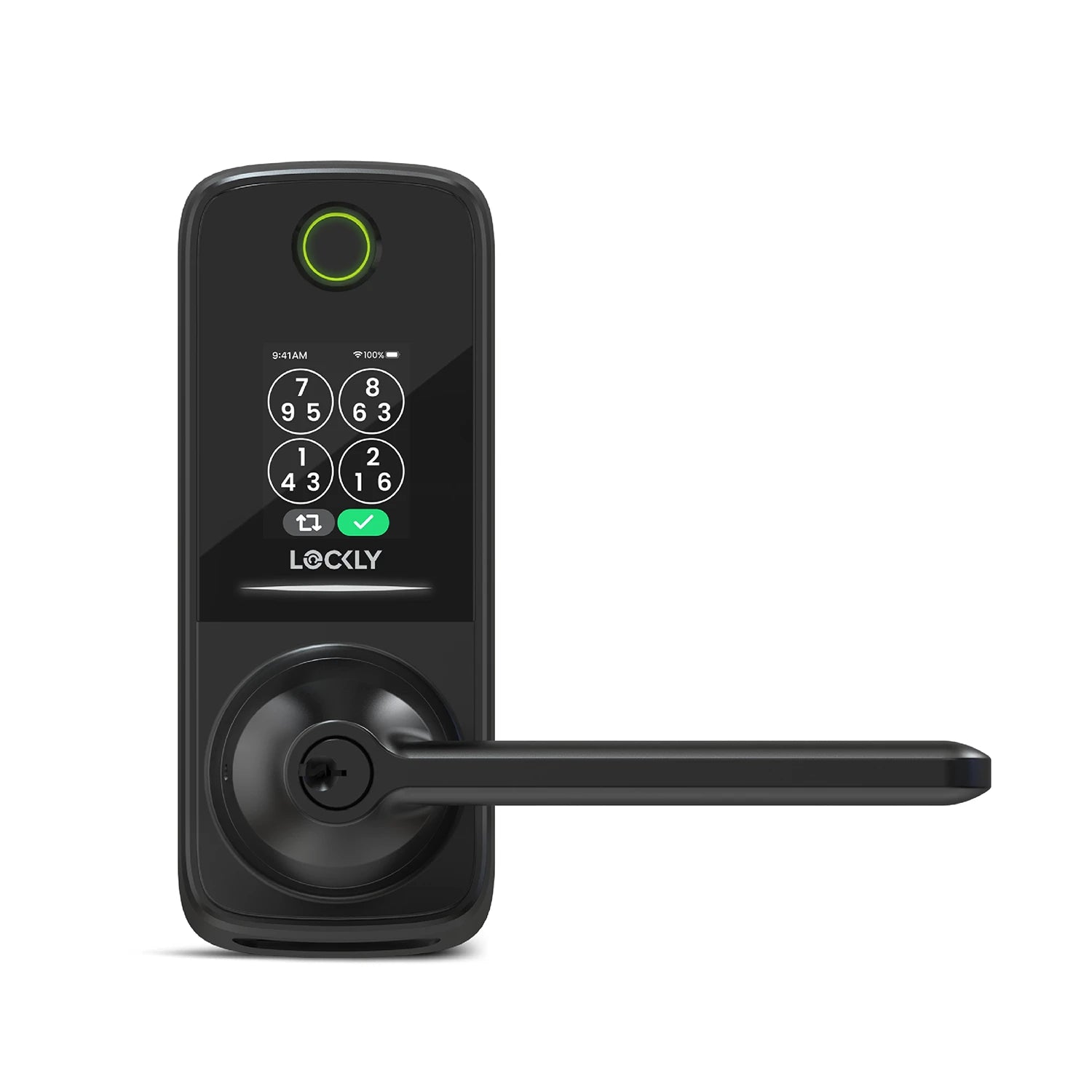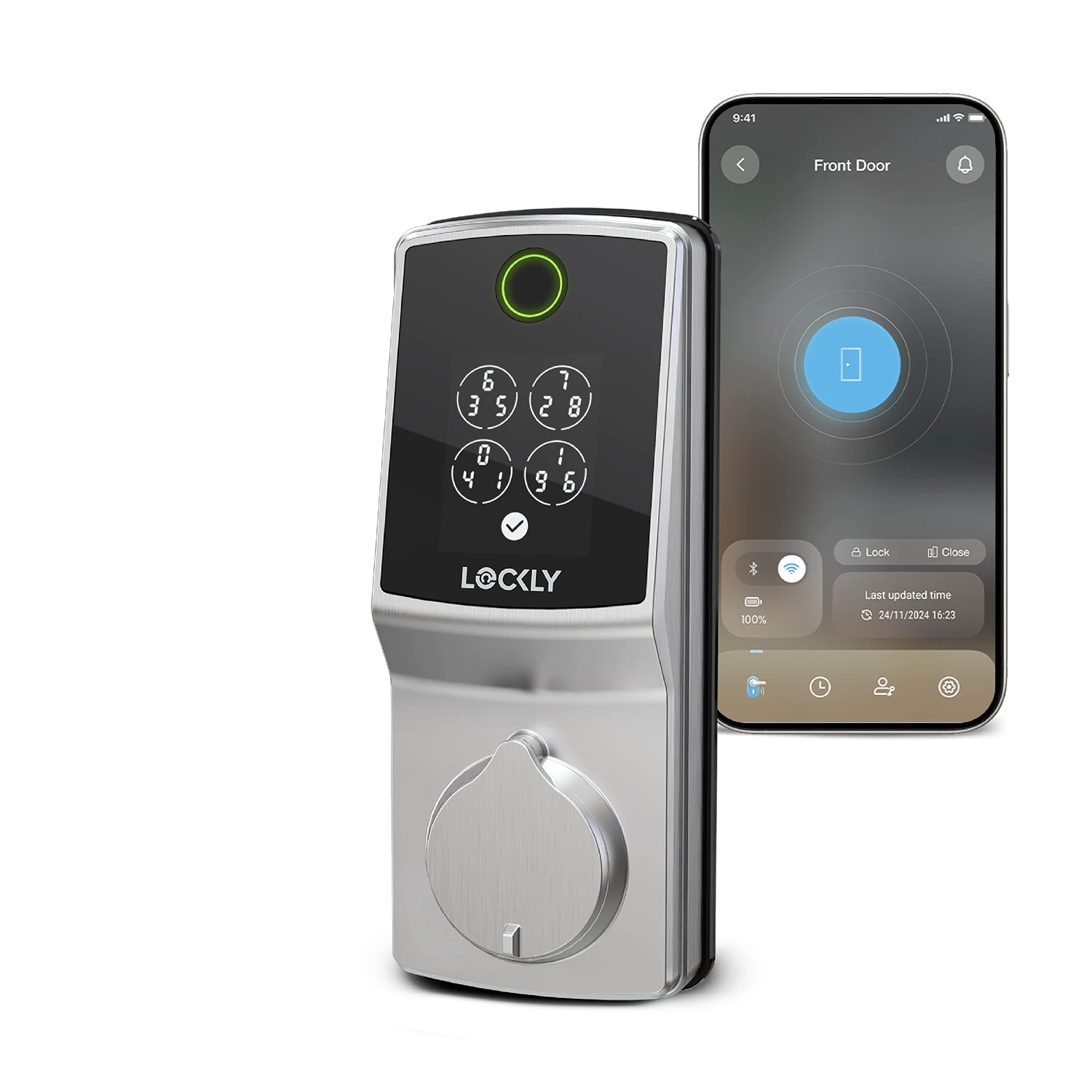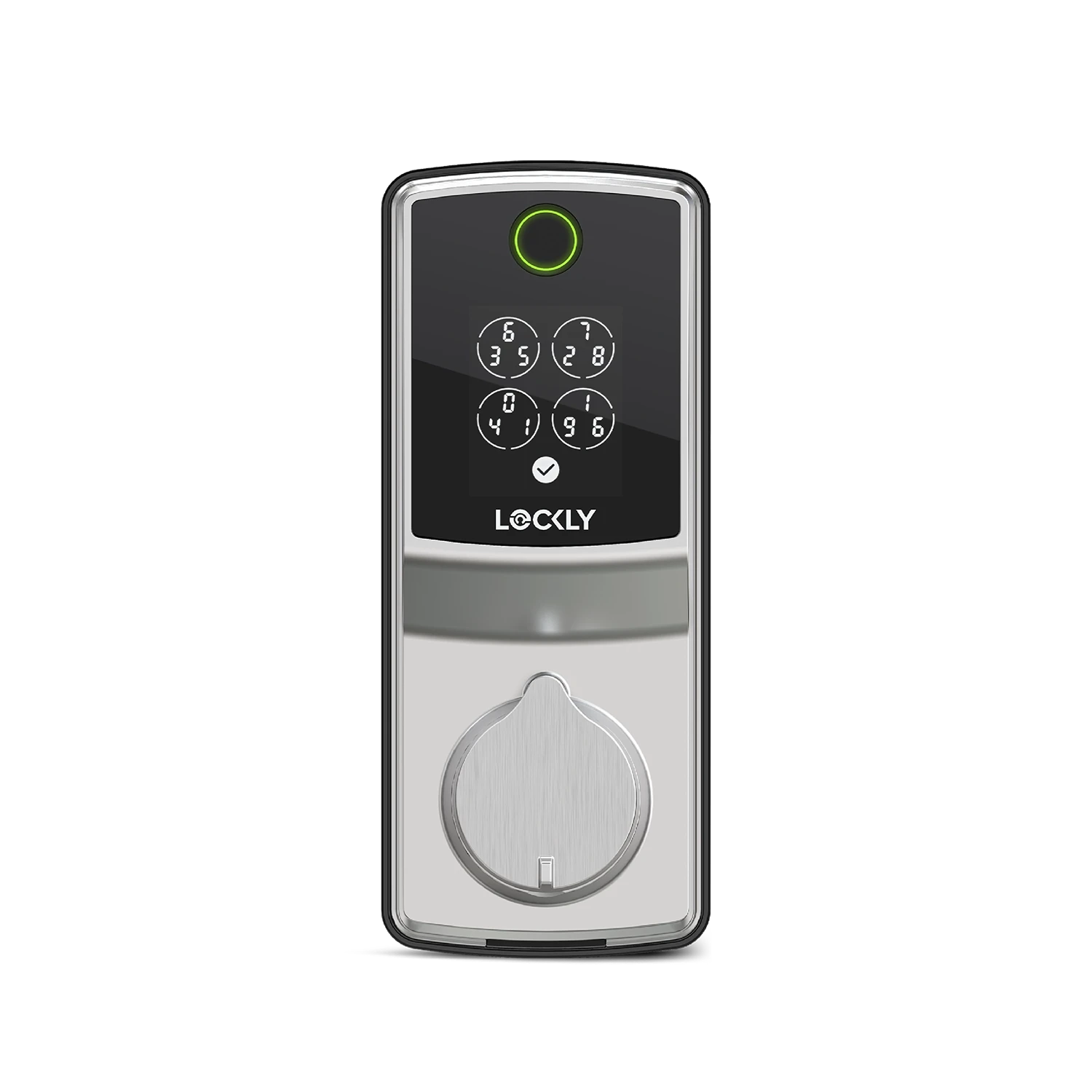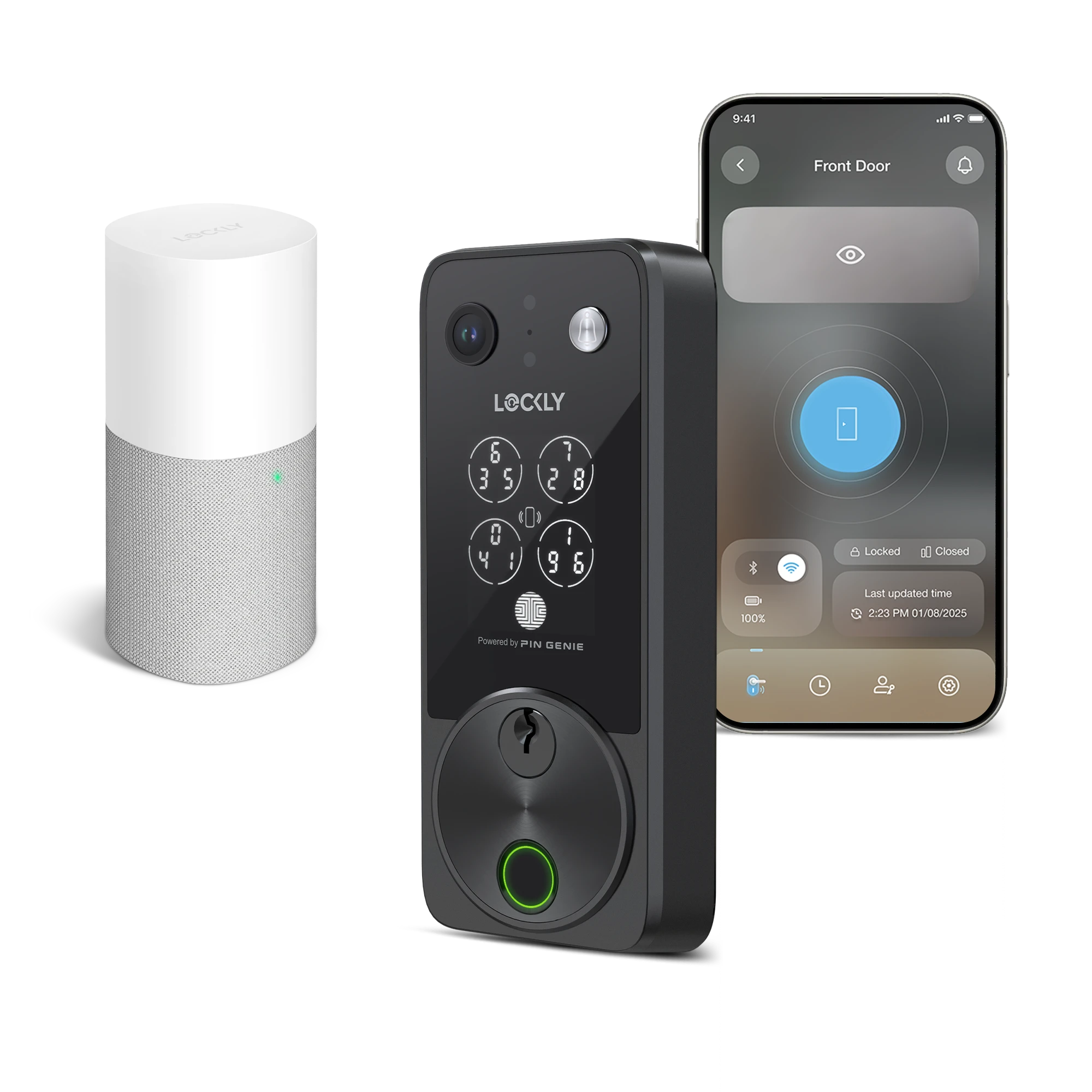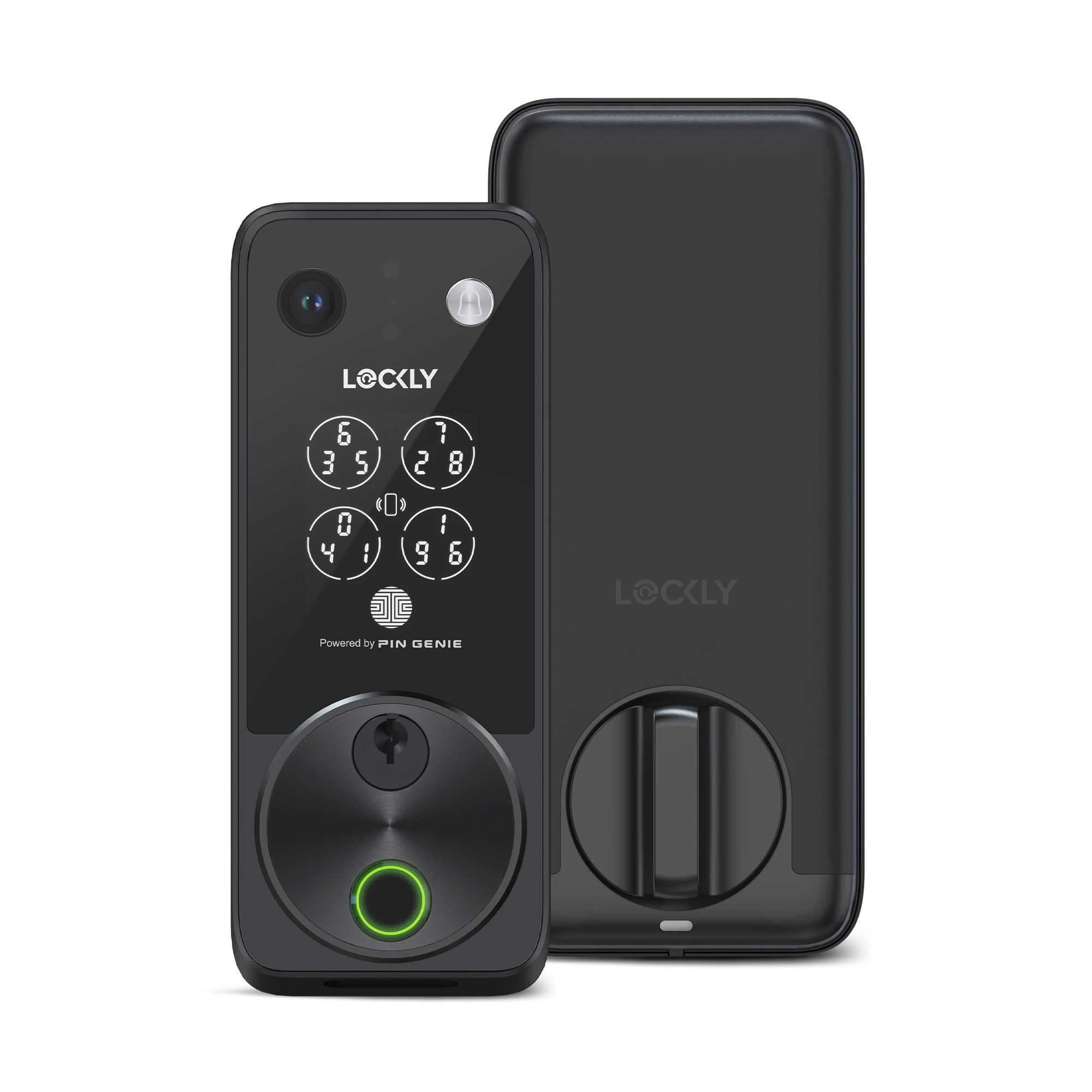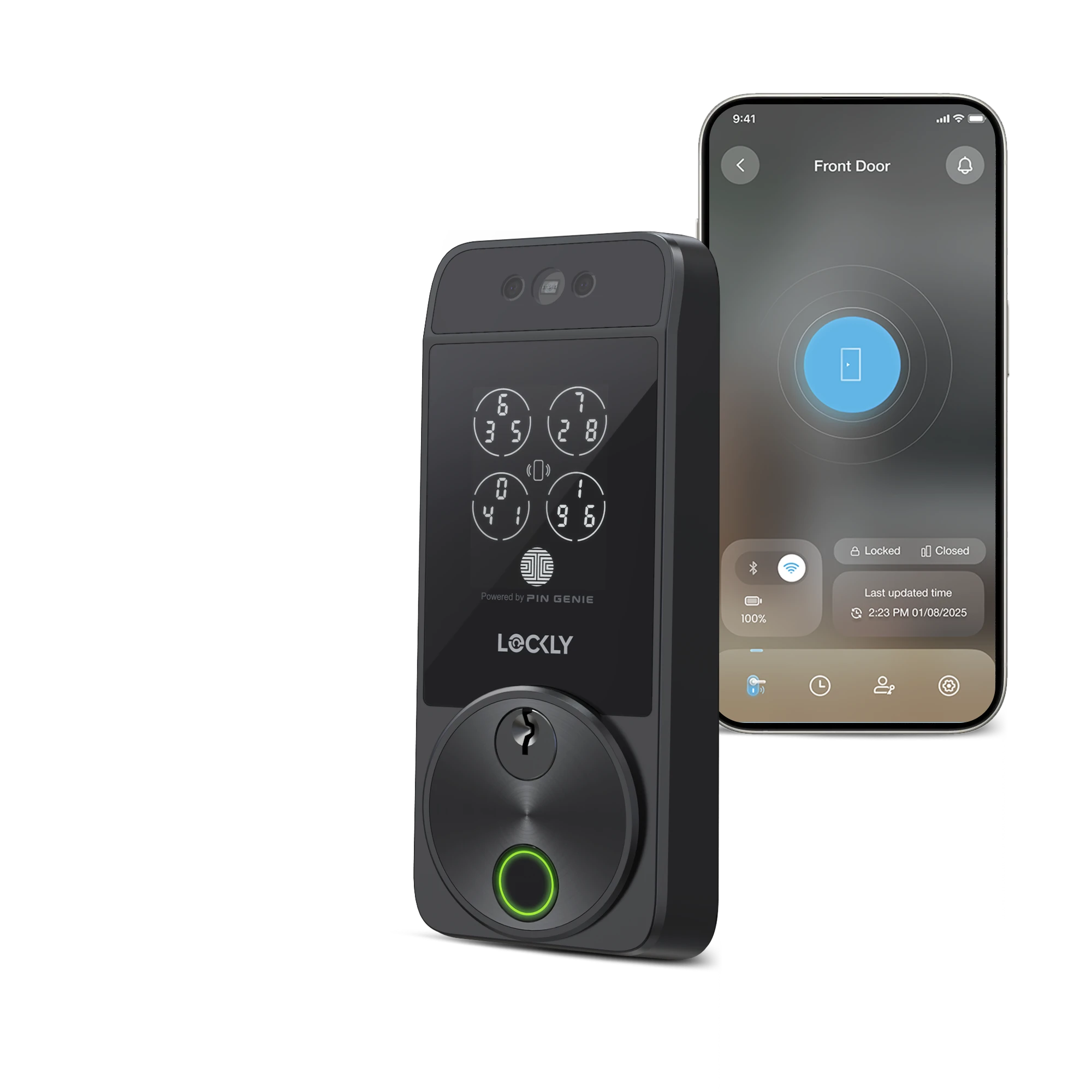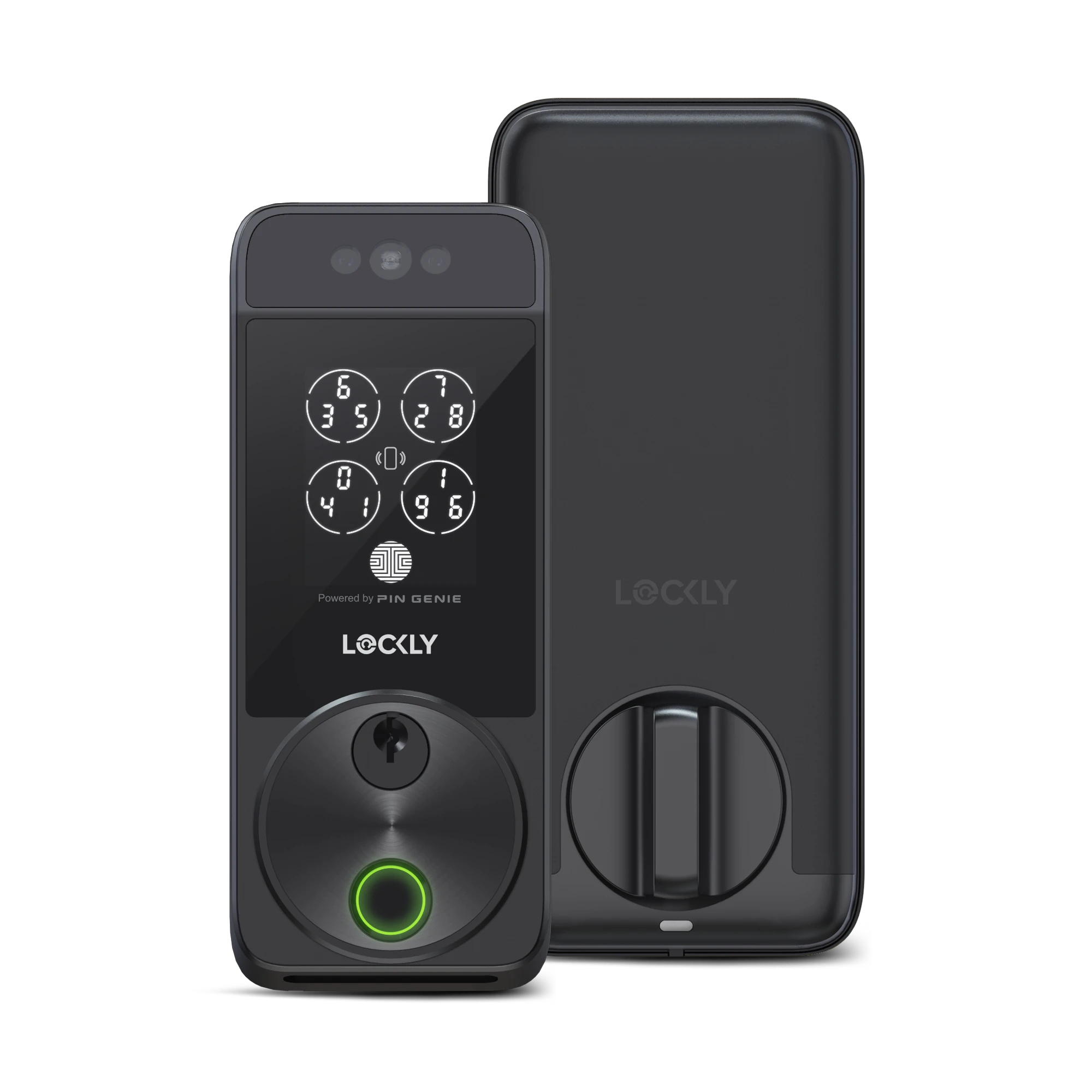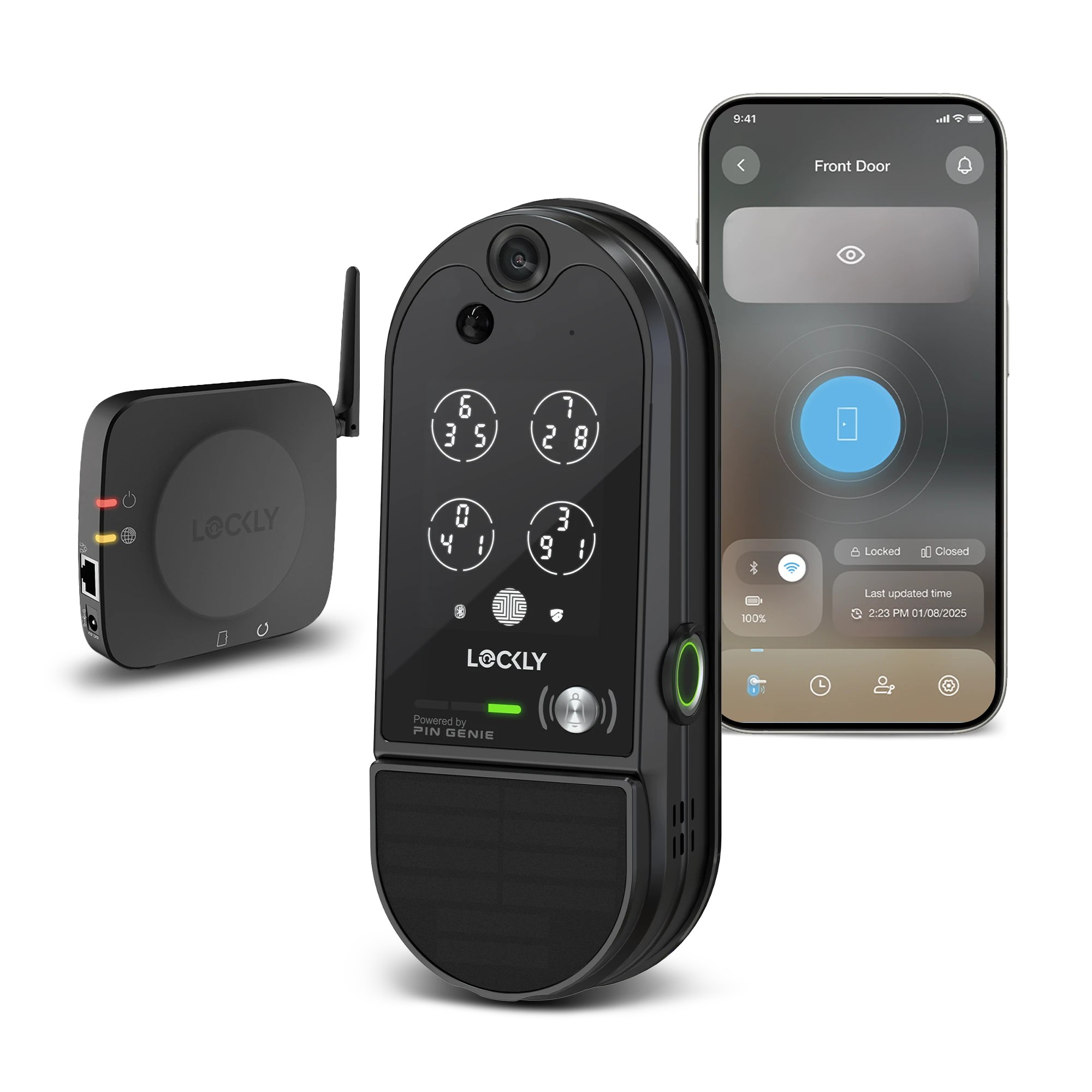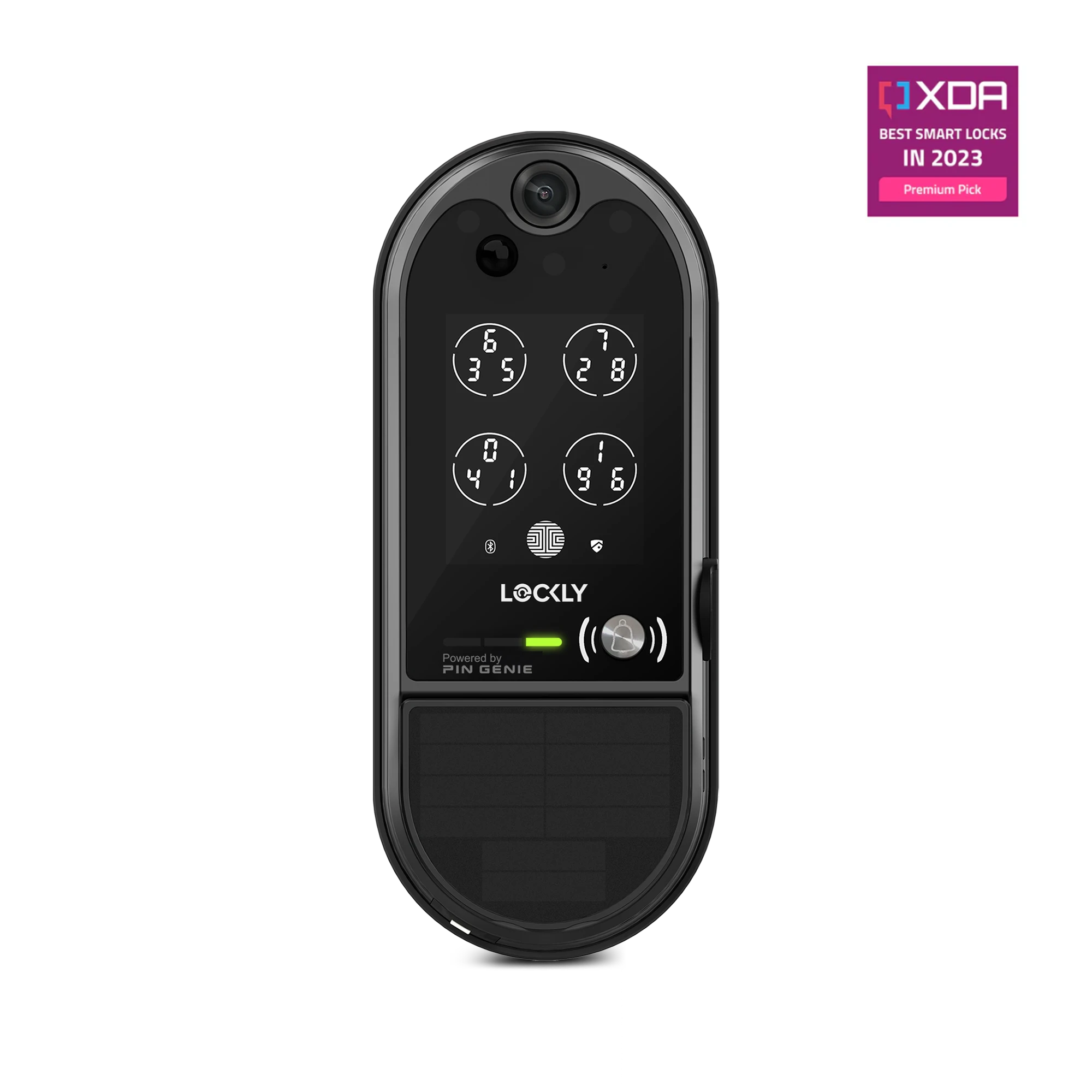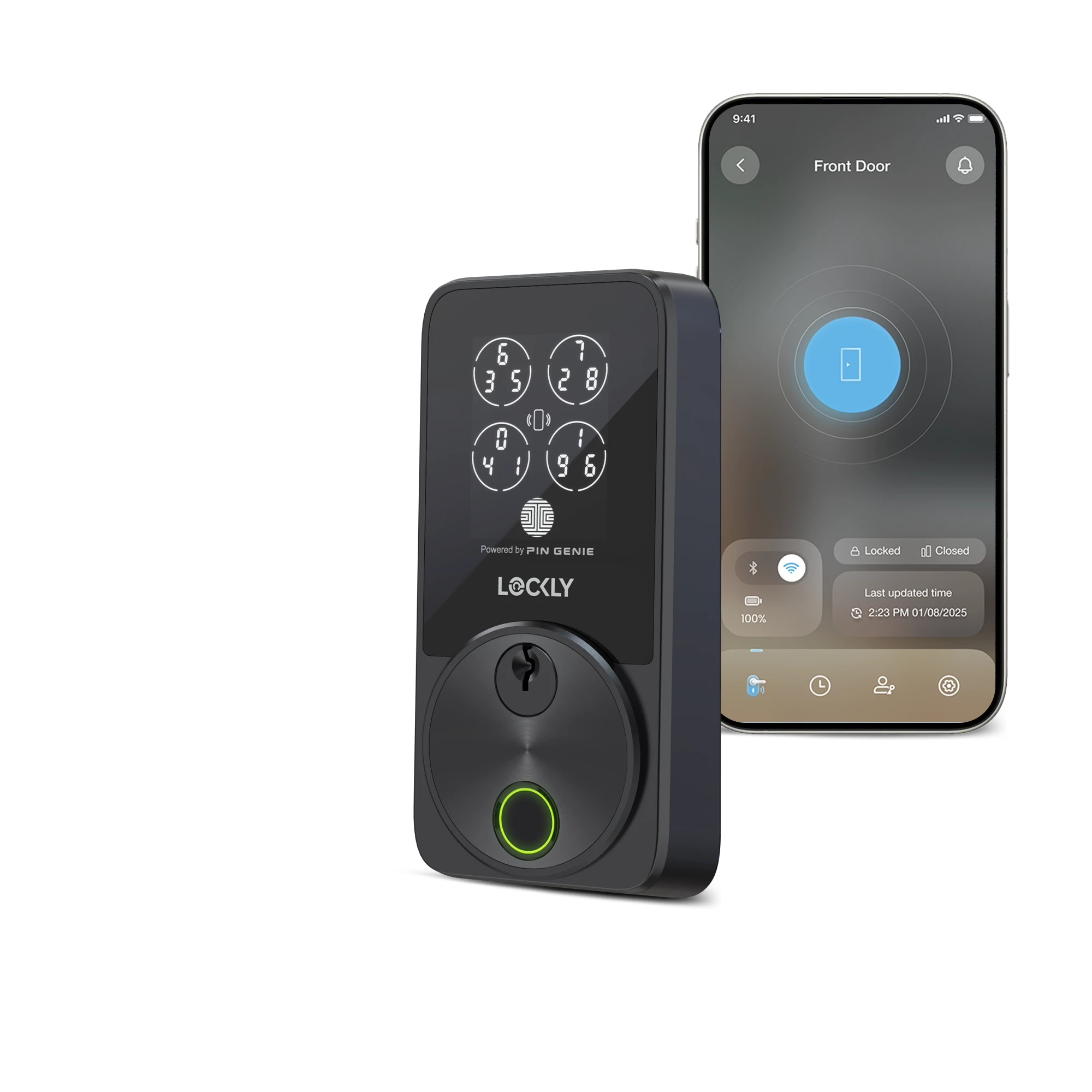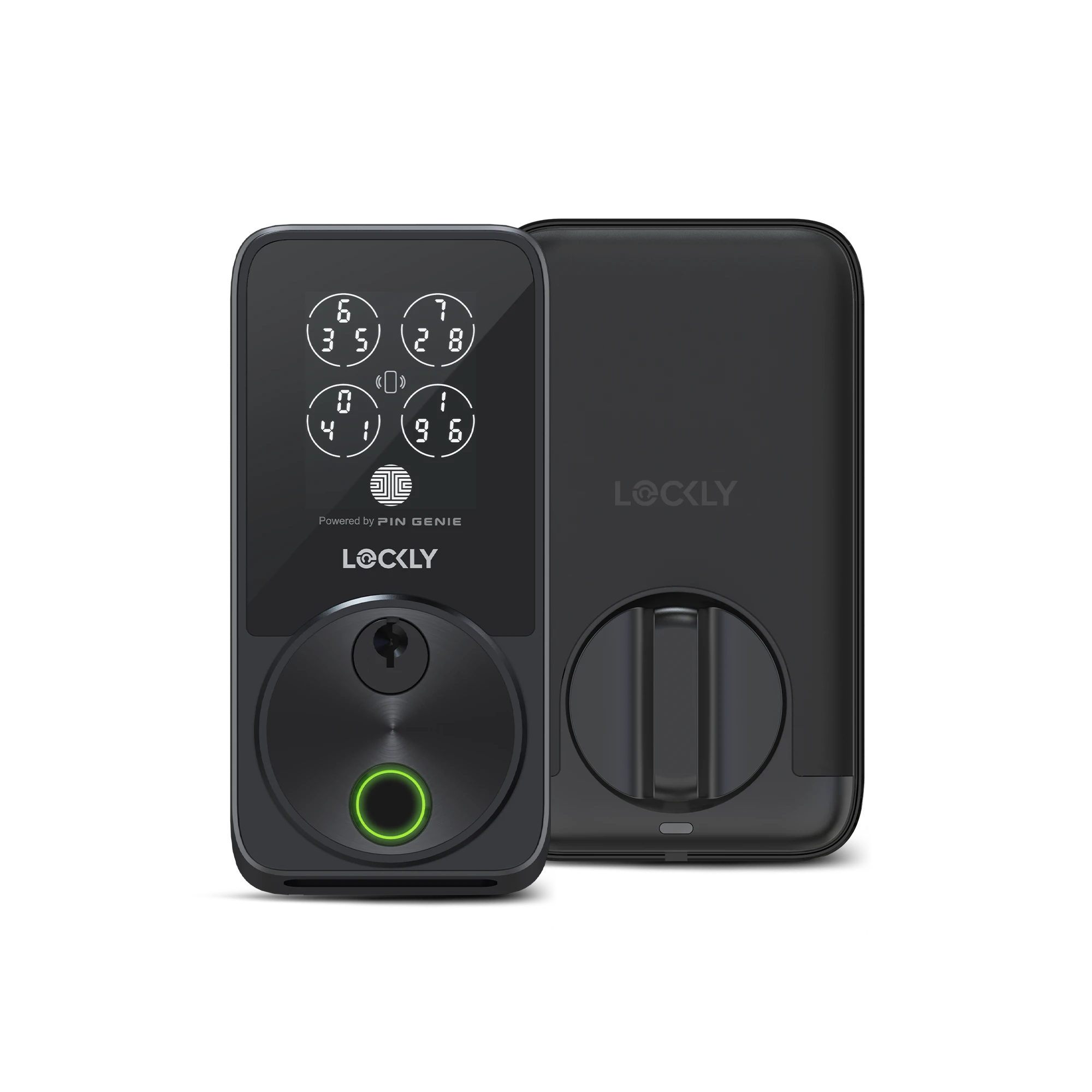Smart locks promise unparalleled convenience for accessing your home. But does that convenience come at the risk of potentially exposing your personal data?
Smart lock capabilities like remote access and digital keys rely on online connections. So before installing a connected smart lock, it is critical to assess its data practices. When it comes to home security, not all smart locks handle your information the same.
Lockly Leads Smart Lock Data Privacy
Of all smart lock brands, Lockly stands at the forefront when it comes to prioritizing consumer data security. They meet rigorous global data protection standards, even securing the prestigious ISO 27001 certification for information security management. For smart lock users, this means you can enjoy innovative lock features without compromising on data privacy.
Lockly's commitment to data security is not merely a claim; it's a validated and recognized achievement. The ISO 27001 certification places Lockly in an elite group, emphasizing its dedication to maintaining the highest standards in information security. This commitment ensures that users can trust Lockly with our data, fostering a sense of confidence in the ever-expanding realm of smart home technology.
Lockly Smart Lock Cybersecurity Architecture
Lockly engineered our smart locks with a privacy and security-first approach based on three foundational pillars:
1. Local data storage
Lockly locks store data like fingerprint templates and access recordings locally on an encrypted microchip rather than unsecured cloud servers. There is no external transmission or retention of biometric data. This localized storage confines any stolen data breach to a single lock unit rather than compromising entire account databases.
2. End-to-end data encryption
All remote communications between Lockly components encrypt data fully end-to-end using industry-standard SSL and AES-128 protocols making intercepted data indecipherable.
3. Restricted data gathering
Lockly only extracts completely anonymous analytics to improve products. We never access identifiable user data without explicit consent. User profiles stay completely private.
Lockly's multilayered encryption architecture minimizes avenues for potential data theft while keeping your personal information secure.
At Lockly, we regularly innovate and update our property cloud technology services (the heart of Lockly smart locks) which run on Amazon Web Services (AWS) to protect against picking, bumping, hacking and other common forms of lock break-ins.
Many IoT companies do not disclose which cloud services they use, which can pose potential risks to end-users. By being transparent about our use of AWS, we aim to provide our customers with confidence in the security of our products and services. AWS provides industry-leading security features and regular updates that help us keep customer data safe.
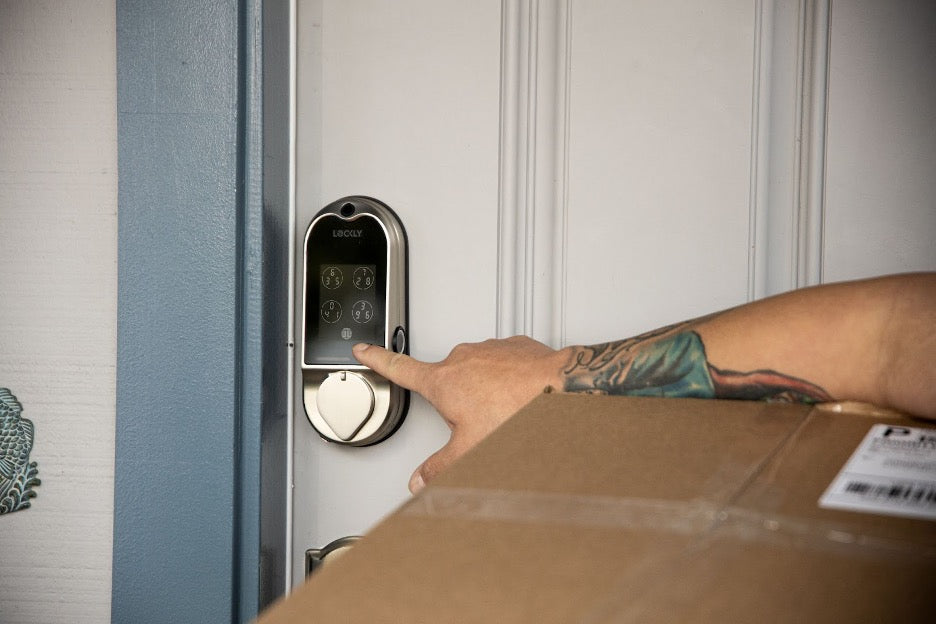
Data Handling Transparency
At Lockly, transparency is not just a buzzword; it's a commitment to ensuring users know exactly how our data is handled. Lockly maintains transparent data handling policies clearly accessible on our website. You can review exactly what information gets collected and how it is managed. Our narrow data usage confined only to anonymous product analytics and optional user accounts prevents privacy overreach.
Responsible Data Retention
Lockly's responsible data retention practices not only protect your information but also ensure that no lingering data poses a security risk after account deactivation. While Lockly locks retain local data like fingerprints or access logs indefinitely in encrypted form, our cloud-based user account portal only preserves data until an account deactivates after which info immediately purges. This ensures no lingering, stale user data at risk for security breaches.
Minimal Required User Data
Lockly takes a minimalist approach to user data, requiring only the essential information for core lock functions. Your security is paramount, and unnecessary data collection is avoided.
To use core lock functions like biometric unlocking or temporary codes, Lockly products themselves require no personal identifying data—not even an account. The only optional data provision comes via the mobile app for advanced remote user controls. Even then, the app needs just a phone number for multi-factor authentication and an email for password recovery.
Ultimately, convenience should not come at the cost of security. Lockly maintains that user privacy sits right alongside innovative smart technology. Lockly prioritizes your data security allowing you to enjoy smart home technology without undue risk. If smart home peace of mind matters to you, ensure your security starts at the front door with Lockly.
Sources
ISO - ISO/IEC 27001:2022

